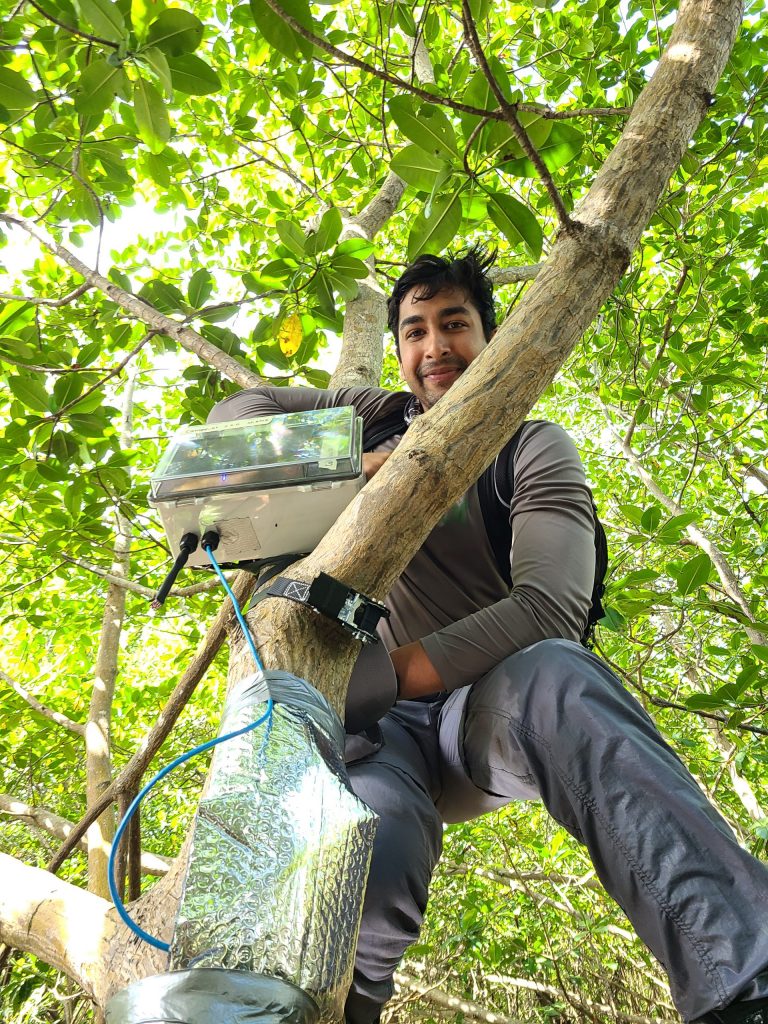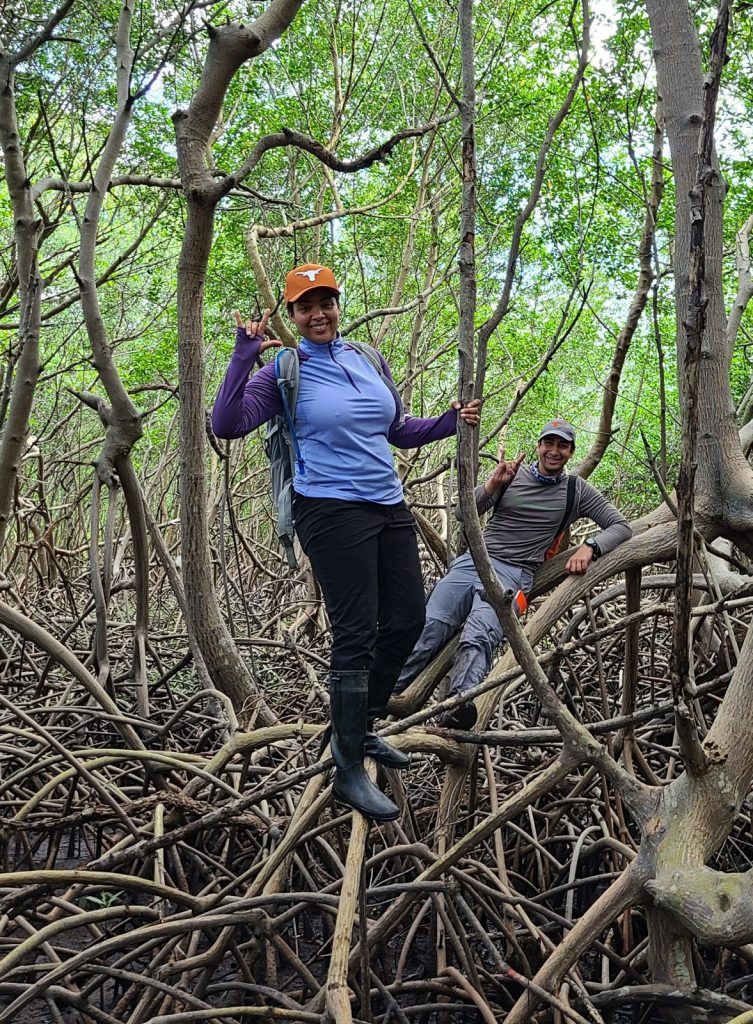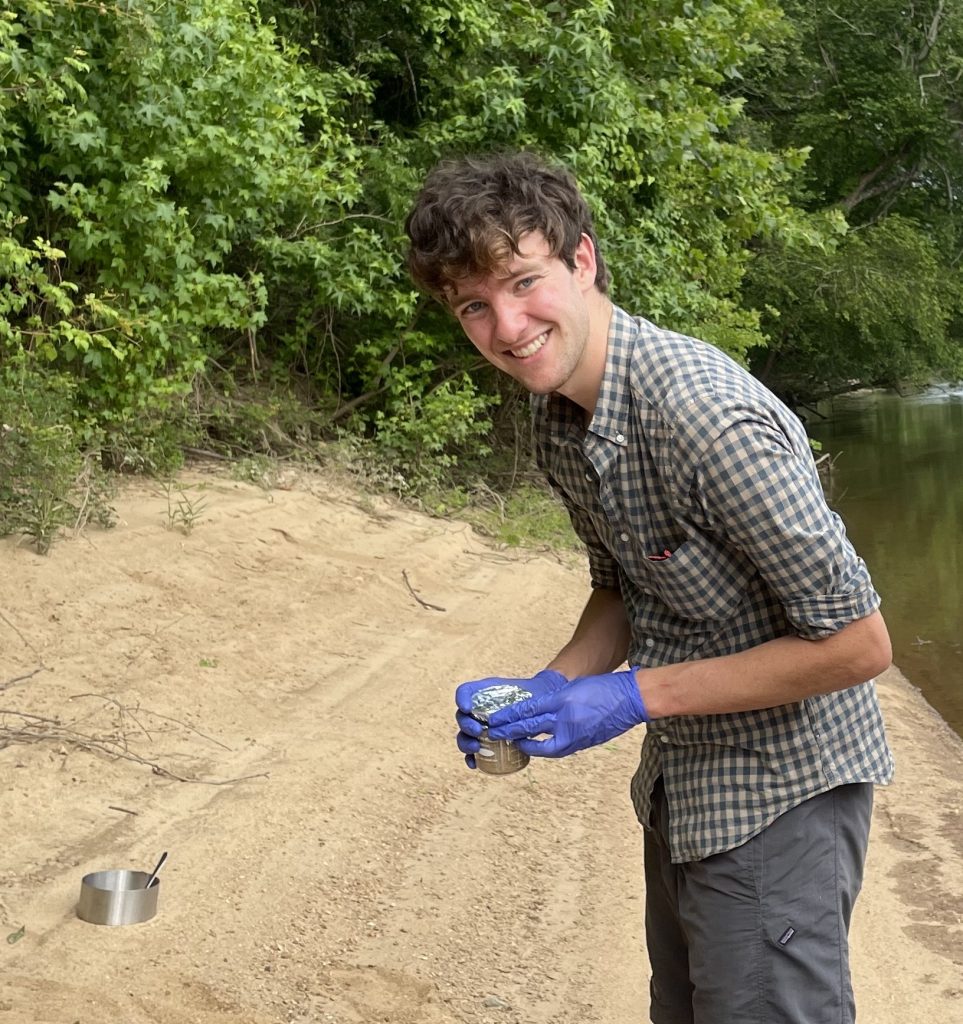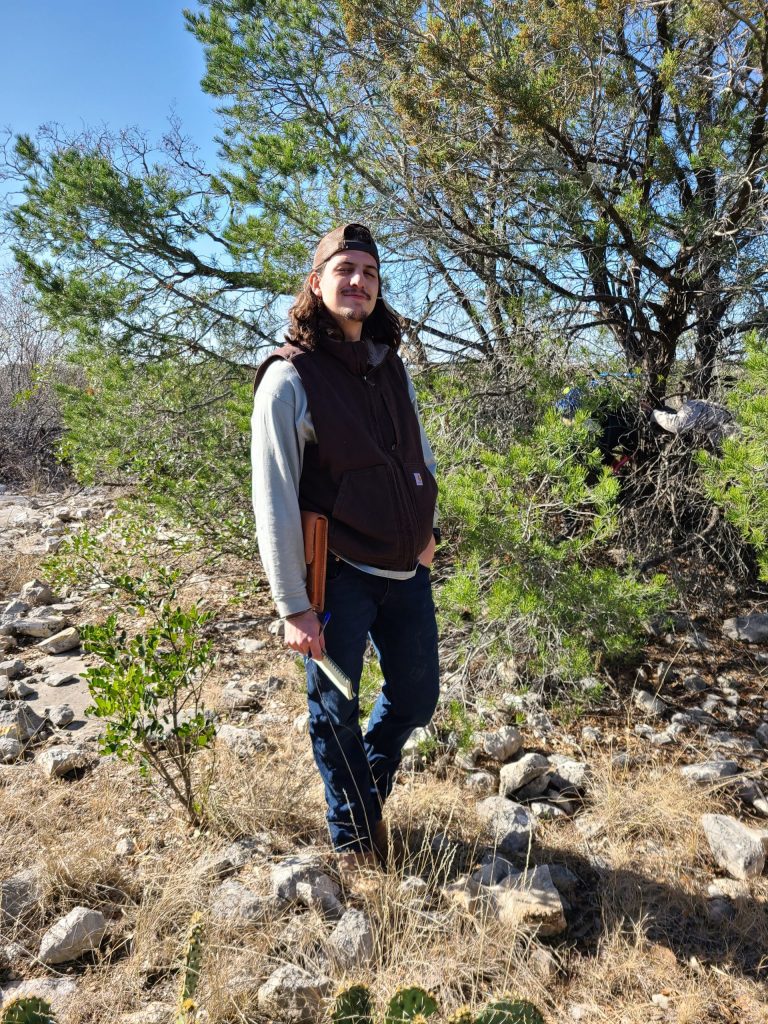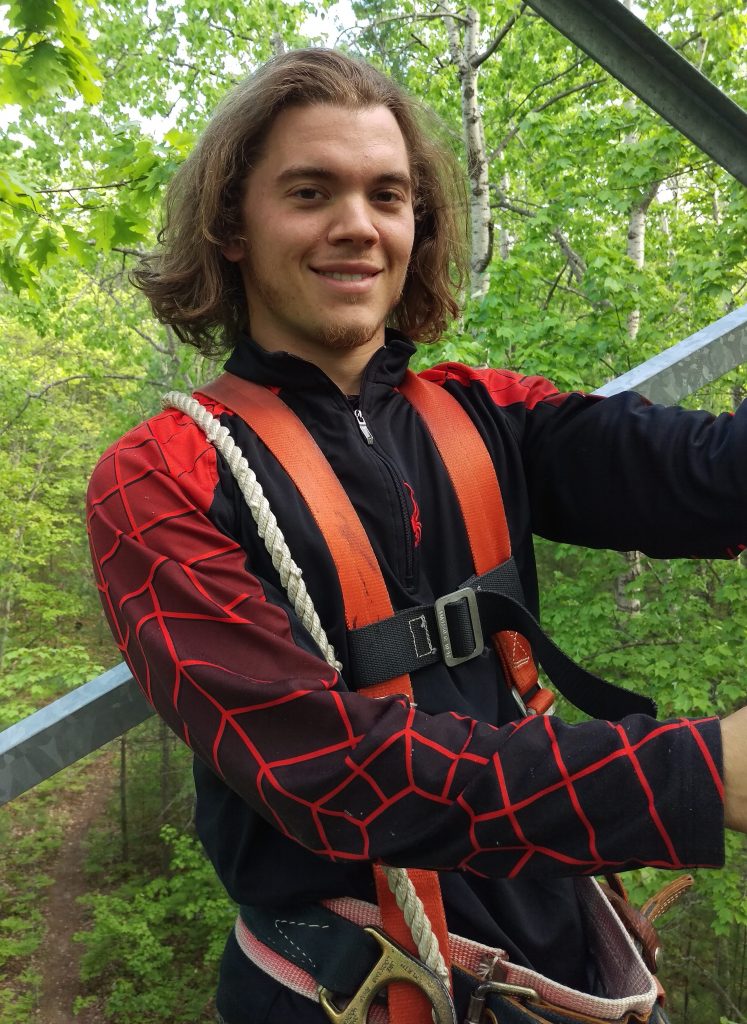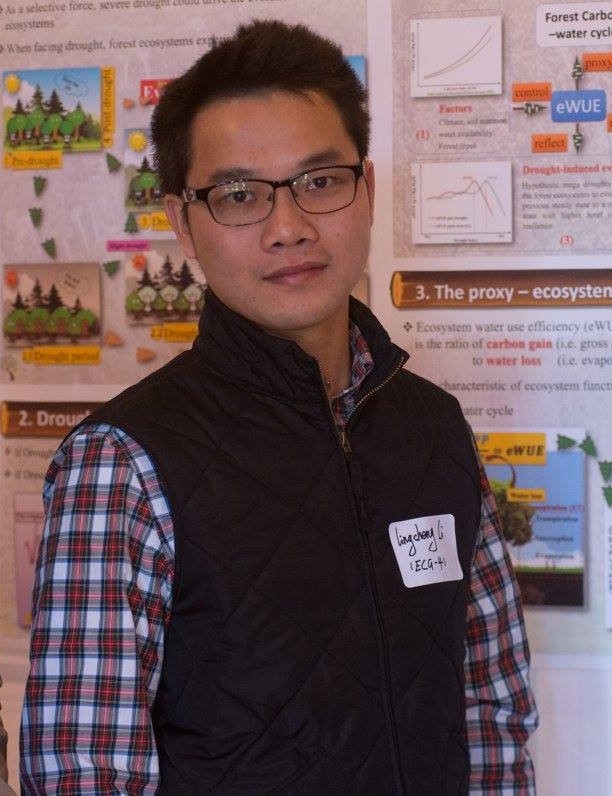People
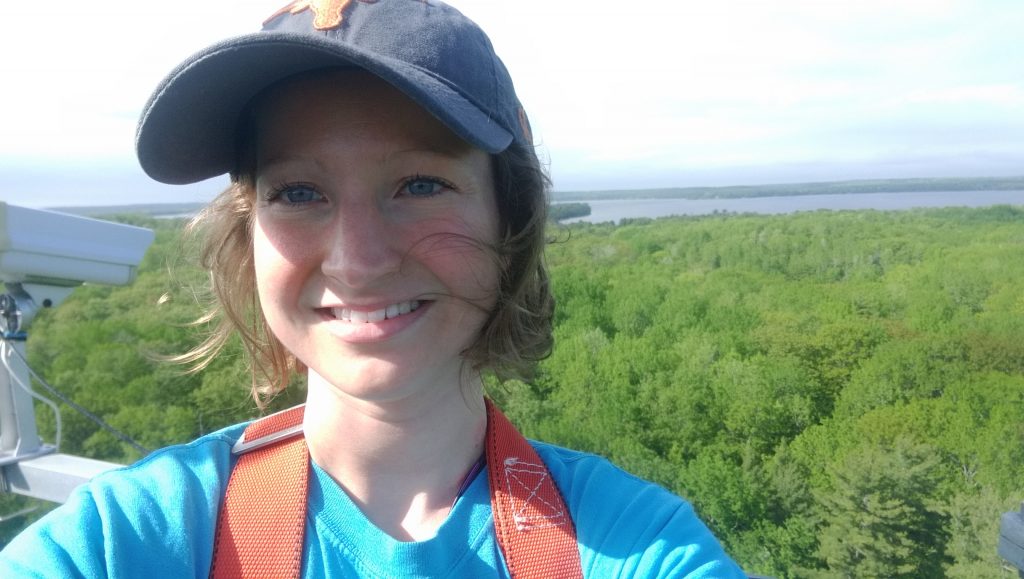 Ashley M. Matheny
Ashley M. Matheny
PhD, Civil Engineering: hydrology 2016
MS, Civil Engineering: hydrology, 2013
BS, Civil Engineering: structural engineering, 2010
BA Spanish, 2010
Dr. Matheny is passionate about exploring the role vegetation plays in coupling the subsurface to the biosphere and atmosphere. She conducts research spanning multiple spatiotemporal scales to understand, quantify, and model the role of trees in the water and carbon cycles.
More about Matheny: https://www.jsg.utexas.edu/news/2017/11/scientist-profile-ashley-matheny/
Graduate Students
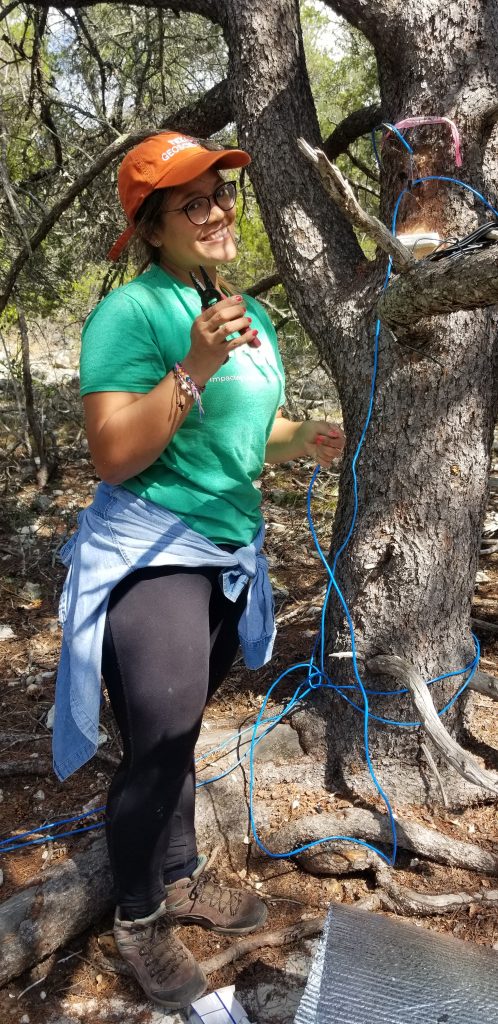
Ana María Restrepo Acevedo
PhD expected 2023
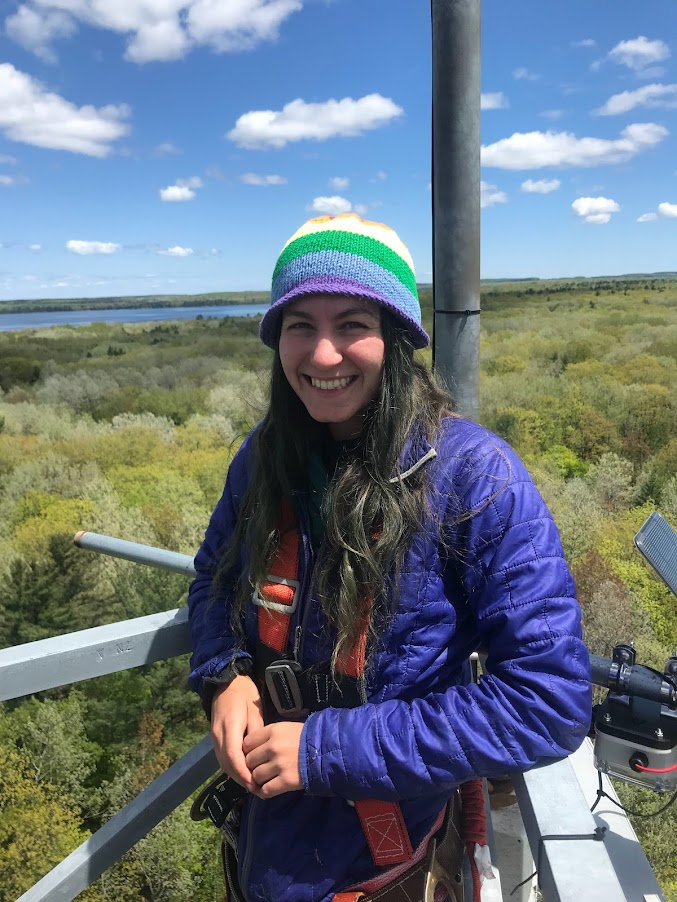
Maria Ulatowski
PhD expected 2025
BS Civil Engineering, The Ohio State University, 2019
Maria is interested in studying small scale plant hydraulic traits to improve large scale representations of forest ecosystems within land surface models. She is focused on how plant hydraulic strategies and varying environmental conditions influence mangrove forest ecosystem’s role in the carbon and water cycle and the surface energy balance. Her current research explores how mangrove hydraulic traits and salinity affect mangrove transpiration and productivity and how salinity and climate shape trait plasticity among populations and species. She aims to link field and experimental data to parametrize a plant hydrodynamics model to improve mangrove forests’ role in surface energy balance simulations within land surface models.
Suvan Cabraal
PhD expected 2025
BS Geosystems Engineering and Hydrology, The University of Texas at Austin, 2019
Suvan’s passion and interest lie in understanding the connection between the Earth’s forests and its climate. This is reflected in his research, which aims to expand our understanding of this connection through combining field work, modeling, and remote sensing. In addition, Suvan’s graduate research also further develops remote sensing instruments, which have already been used in his own and other academic studies.
Myriam Loving
MS expected 2023
Myriam is interested in understanding phytoremediation by mangroves and how surrounding ecosystems (e.g., corals and seagrass beds) are impacted. Her current research aims to understand the potential of red mangroves (Rhizophora mangle) as phytoremediators and more specifically, how metal sorption affects transpiration rates and overall plant health.
Noah Benitez-Nelson
PhD expected 2027
B.S. Civil Engineering (Minors: Geography, Geology), University of South Carolina, 2021
Noah aims to combine multidisciplinary research to guide civil engineering practices in preserving natural processes. His graduate research will investigate the role of vegetation in moderating local microclimates and modifying active surface processes.
Former Students
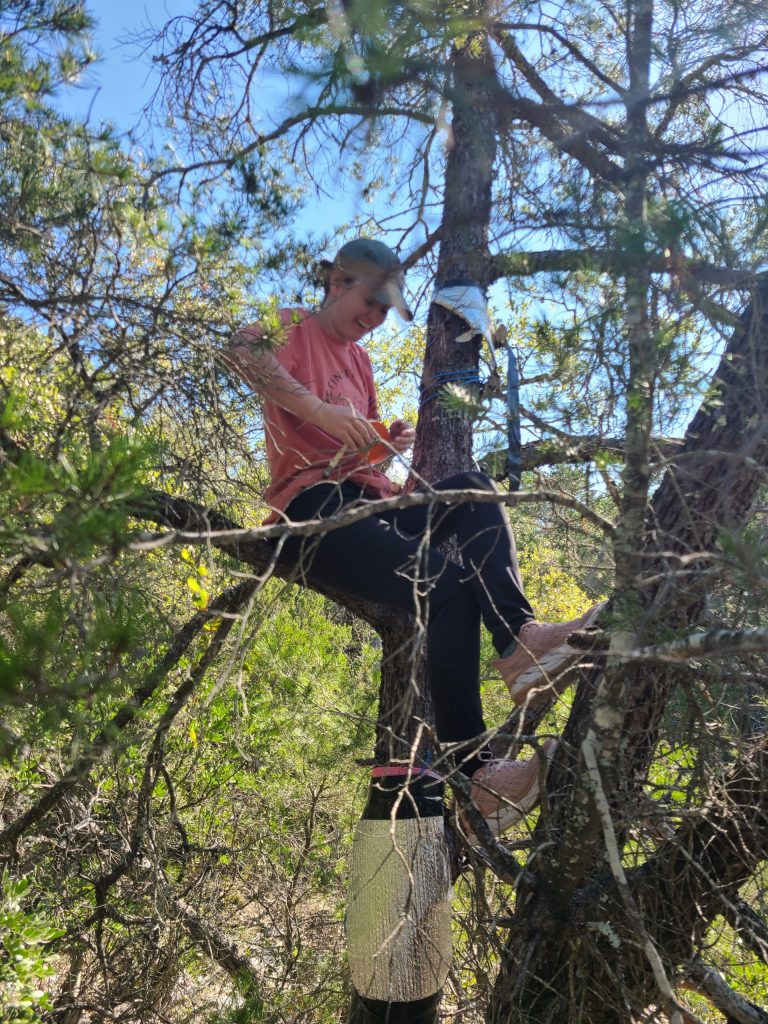
Lily Beaman
MS awarded 2022
Jack McLaughlin
MS awarded 2022
Austin Rechner
MS awarded 2020
B.S. Environmental Engineering and Biology Minor, Ohio State University, 2017
Austin’s research interests include examining greenhouse gas fluxes of various wetland ecosystems including comparing the different fluxes of disturbed versus undisturbed sites. Austin’s current research focuses on how vegetation affects the hydrology of the surrounding ecosystems more specifically, on how cedar and cypress trees affect the hydrologic balance.
Lingcheng Li
(Co-supervised with Dr. Zong-Liang Yang)
Ph.D. 2020
M.S. Hydrology and Water Resource science, Wuhan University, China, 2015
B.E. Hydrology and Water Resources Engineering, Wuhan University, China, 2015
Lingcheng is interested in understanding the role of plant hydrodynamics on the water cycle and land-atmosphere interaction. His graduate research seeks to represent the plant hydrodynamics in the large-scale land surface modeling, and explore the influence of plant hydrodynamics on the hydrological cycle.
Lingcheng’s researchgate:


